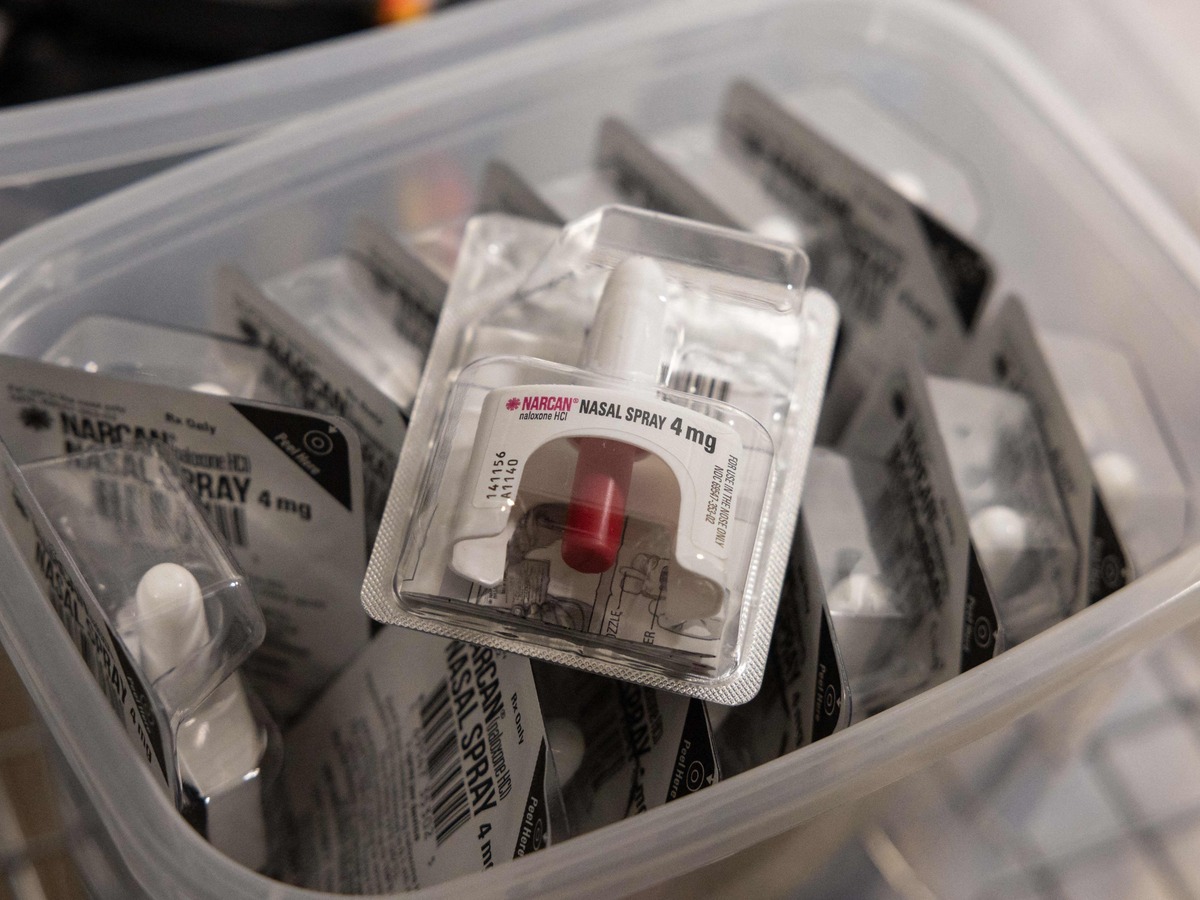
Narcan, a nasal spray version of the drug Naloxone, rapidly reverses the effects of an opioid overdose. YUKI IWAMURA/AFP via Getty Images hide caption

Narcan, a nasal spray version of the drug Naloxone, rapidly reverses the effects of an opioid overdose.
YUKI IWAMURA/AFP via Getty ImagesThe FDA has approved over-the-counter sales of Narcan, a nasal spray version of the life-saving medication naloxone. The medication is known for its ability to rapidly reverse an opioid overdose.
The FDA's move will make Narcan more widely available than ever before. But experts say this is just one step in the right direction, when it comes to preventing overdose deaths.
NPR's Ailsa Chang speaks with Nabarun Dasgupta, a senior scientist at the University of North Carolina who has been studying opioid overdose prevention and addiction treatment since 2002, about what this means for the opioid epidemic.
Email us at
This episode was produced by Erika Ryan with engineering by Maggie Luthar. It was edited by William Troop. Our executive producer is Sami Yenigun.

 Live Radio
Live Radio